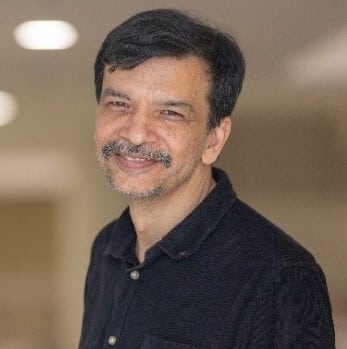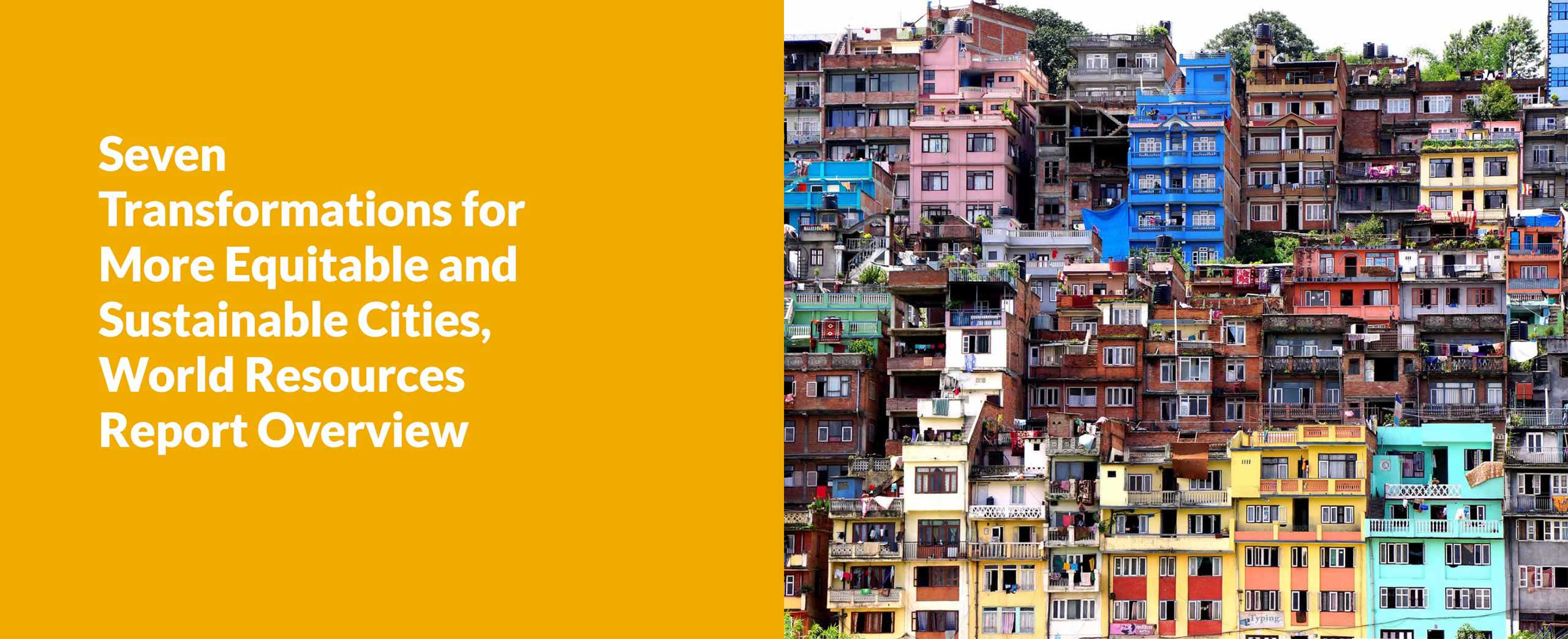Financial analyses, which consider financial costs and income, have typically informed energy-related decision-making and investment planning. Economic analyses, however, can also include social, economic and environmental costs and benefits to society, which are especially critical in energy policymaking and planning.
To support systematic consideration of such impacts in decision-making, WRI’s ongoing research draws on the Initiative for Climate Action Transparency (ICAT) Sustainable Development Guidance, to develop a methodological framework for identifying and assessing the relevant sustainable development impacts of Renewable Energy (RE) technologies and estimating the Economic Rate of Return (ERR). Unlike financial indicators, an ERR can help capture the sustainable development impacts of RE technology deployment.
As a demonstration, we have applied the framework to estimate the ERR for Ground Mounted and Rooftop Solar, Wind, Biomass and Small Hydro power generation in India. These estimates highlight the drivers of costs and benefits for RE technologies in India.
Join this webinar to learn more about –
- India’s energy transition and barriers to RE deployment
- Sustainable development linkages of RE
- Bringing socioeconomic and environmental considerations of RE to decision-making
- Preliminary findings for economic returns of leading RE technologies in India
To register: https://register.gotowebinar.com/register/4188832939723715596
SPEAKERS
Rangan Banerjee, Head of Department, Dept. of Energy Science and Engineering, IIT Bombay
Professor Rangan Banerjee is the Forbes Marshall Chair Professor and Head of the Department of Energy Science and Engineering at IIT Bombay – a Department that he helped start in 2007. His areas of interest include energy management, modeling of energy systems, energy planning and policy, hydrogen energy and fuel cells. He was a member of the Working Group on New and Renewable Energy for the Eleventh and Twelfth Five Year Plans and a member of the Planning Commission’s Integrated Energy Policy. He is also an Adjunct faculty (Honorary) in the Department of Engineering & Public Policy, Carnegie Mellon University. He has been the Dean(R&D) of IIT Bombay. He has received the Excellence in Teaching Award from IIT Bombay and is a Fellow of the Indian National Academy of Engineering.
Ashwini Hingne, Manager – Climate Program, WRI India
Ashwini is a Manager with the Climate program of WRI India. Her work focusses on areas at the intersection of climate, economics and development, which comprises topics such as Carbon Pricing and Sustainable Development linkages of climate actions. Ashwini leads WRI’s India’s work on carbon markets. Her ongoing research includes incorporating socioeconomic and environmental considerations in renewable energy decision-making. Through her engagement with private sector and other non-state actors, she also supports WRI’s efforts to strengthen non-state and subnational climate action.
Ulka Kelkar, Climate Director, WRI India
Ulka Kelkar is the Climate Director at WRI India. She coordinates the team’s climate policy work, which aims to support India’s pathway to a low-carbon economy. Ulka has 19 years’ experience in interdisciplinary research, capacity building, and outreach on climate change. Her research has been published in journals like Global Environmental Change, Climate Policy, and Mitigation and Adaptation Strategies for Global Change.





